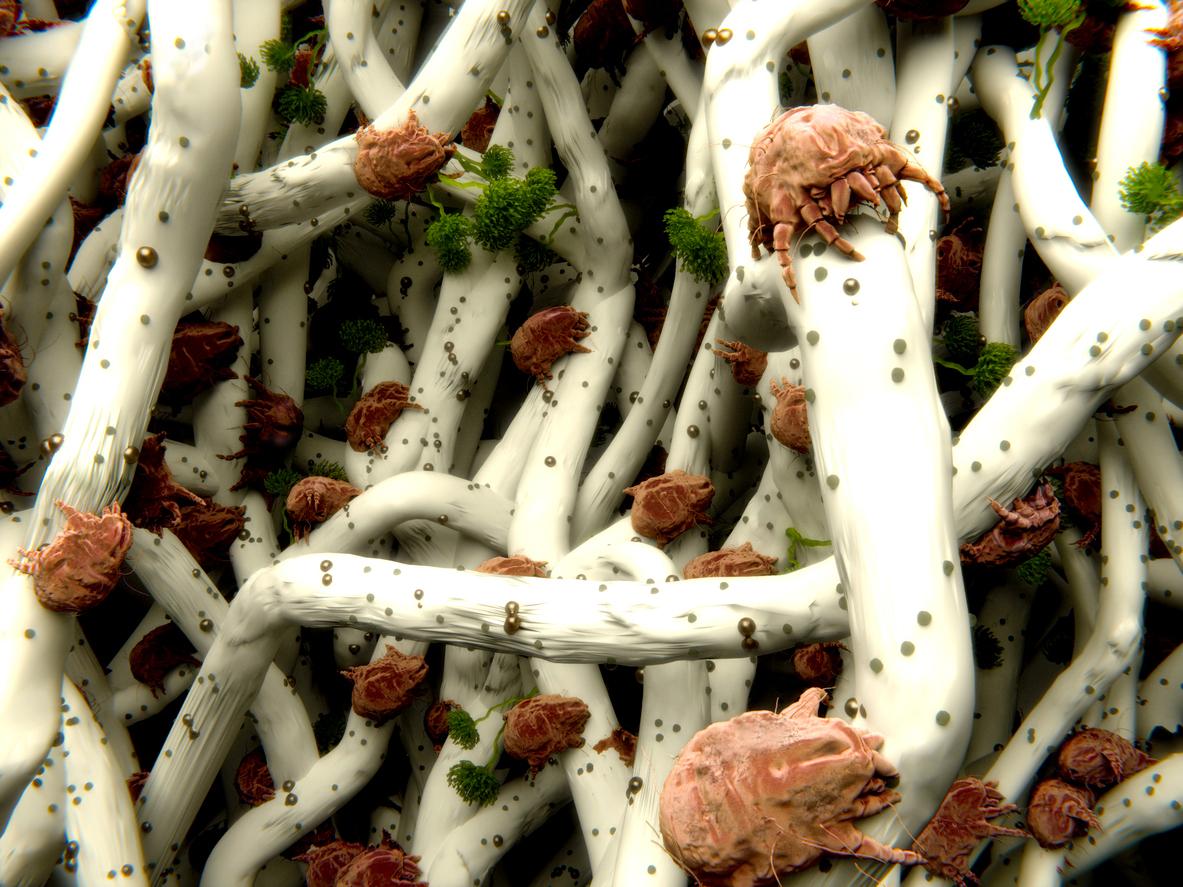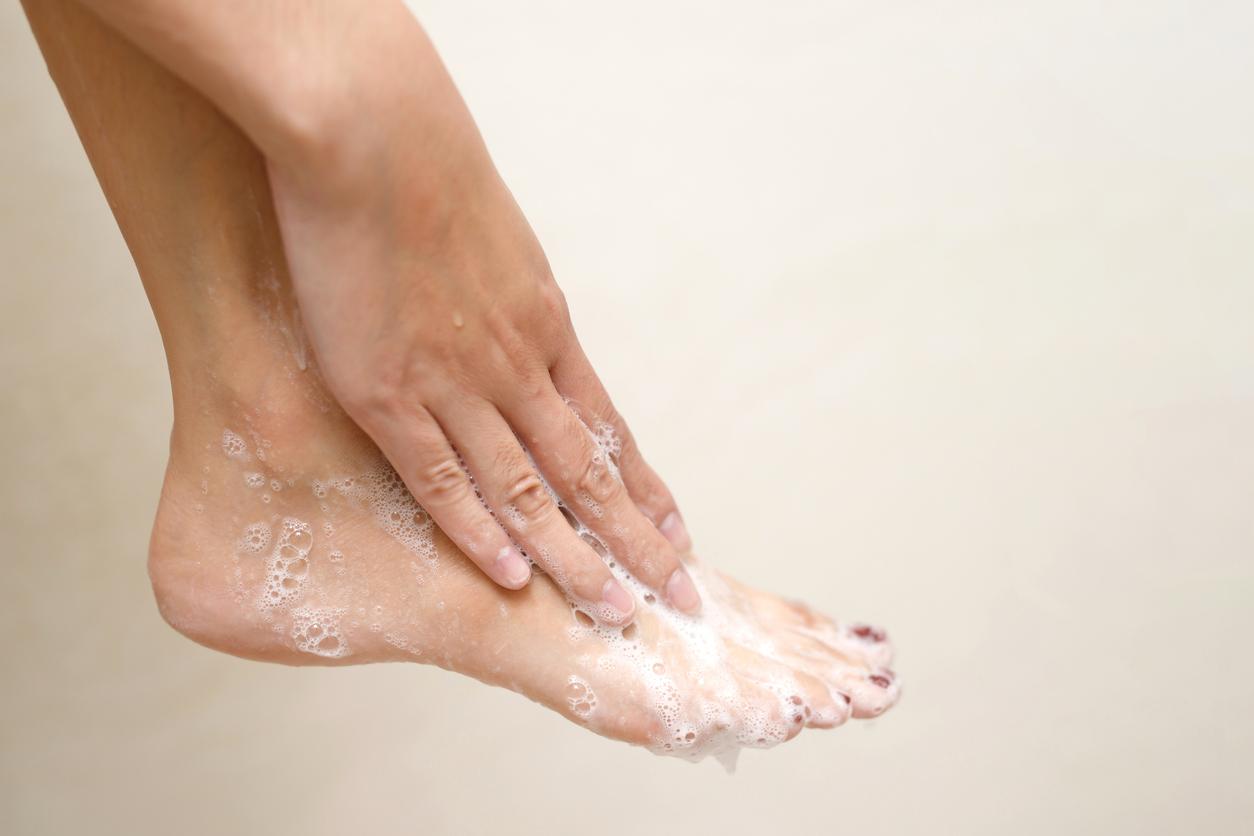To fight against obsessive-compulsive disorders related to cleanliness, researchers have validated a method based on illusion. The patients felt as if their hands were covered in excrement.

Face your greatest fear to better overcome it. American and British researchers have proven the value of this method in patients with OCD associated with cleanliness. They used an illusion known in the world of neuroscience: that of the rubber hand. Giving patients the impression that they are exposed to feces would reduce the intensity of their OCD.
Trick the brain with a rubber hand
The rubber hand illusion was identified in 1988 by two American researchers. It consists of asking an individual to place both hands on a table. One of the two is hidden and a rubber hand is placed on the table. The researchers perform the same action on the rubber hand and on the hidden hand: rub them for example. After a few minutes, the person feels like the rubber hand is theirs, so any form of brutality towards the rubber object will scare them. At the same time, if this person is asked to close their eyes and touch their hidden hand, the left for example, they will either hesitate between the hidden hand and the rubber one, or directly touch the rubber one.
Soft chocolate with the smell of excrement
In Frontiers in neuroscience, the researchers explain how they used this method to combat hygiene-related OCD. After simultaneously tickling the hidden hand and the rubber hand, they coated the dummy hand with a soft chocolate, sprinkled with a product whose smell is similar to that of feces. At the same time, their hidden hand was rubbed with a damp handkerchief. All 29 participants felt like their hands were smeared with excess and their disgust increased as the experience progressed. By extrapolating these results thanks to those of other studies, the researchers assume that by repeating the operation, the participants should feel an increasingly weak disgust.
For scientists, this way of doing things is less violent than exposure therapy: when patients with OCD are directly confronted with their phobia. According to their data, 25% of OCD patients refuse this type of therapy because it makes them too anxious.

.

















